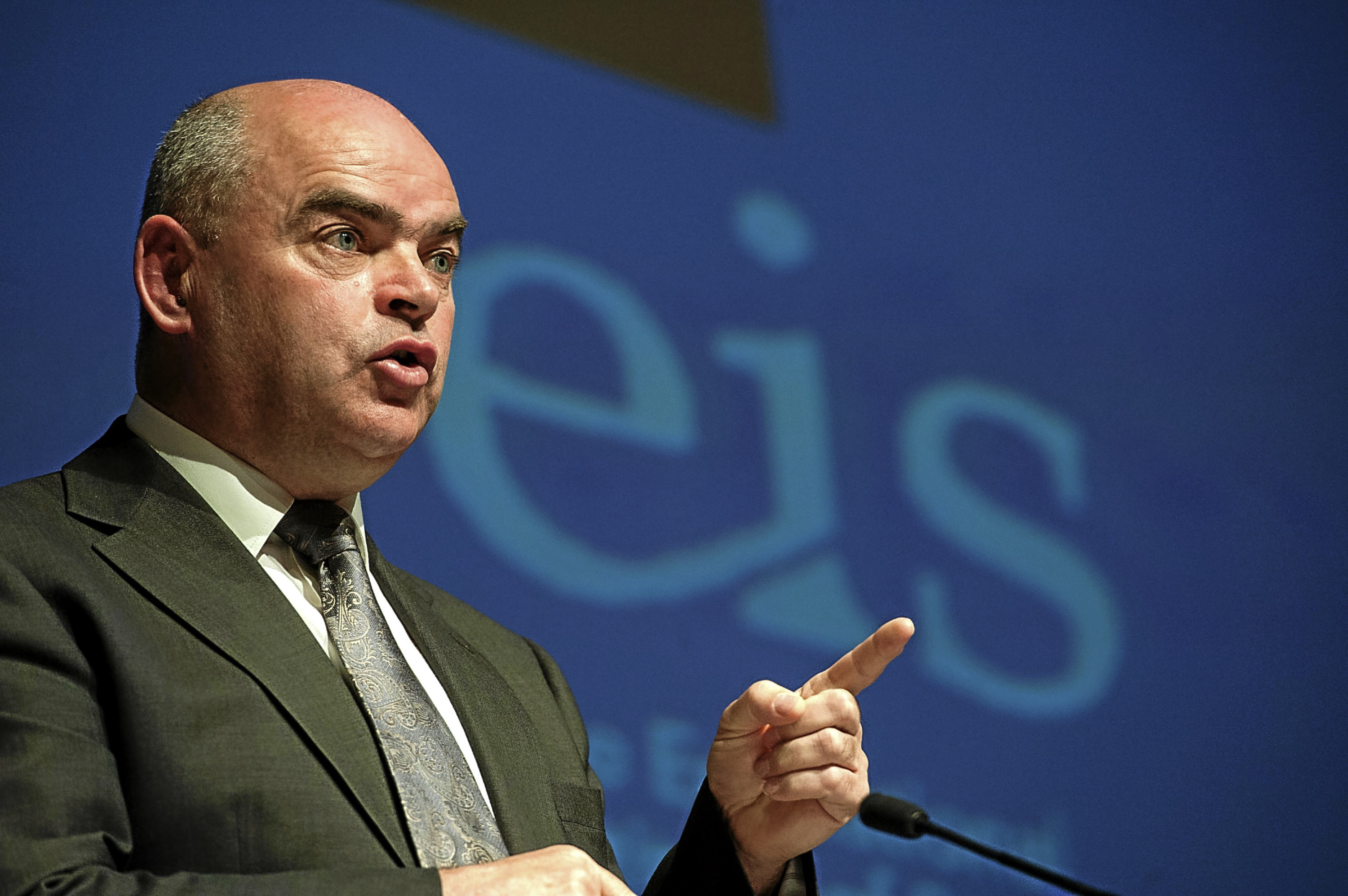Schools face disruption after a minority of members from Scotland’s biggest teachers’ union voted in favour of industrial action.
Teachers overwhelmingly supported an Educational Institute of Scotland ballot on holding a “working to contract” protest over excessive workloads – but on a turnout of only 43%.
Under the Trade Union Act, most of which comes into force later this year, the industrial action would not have been allowed to go ahead because it did not attract a simple majority of support among eligible members.
The dispute centres on the “severe workload burden” generated by the Scottish Qualifications Authority, particularly over unit assessments – internal tests that some pupils have to sit during their course.
EIS general secretary Larry Flanagan said: “This ballot result reflects the frustration of Scotland’s secondary teachers over the excessive assessment demands being placed on them and their pupils, particularly around unit assessments at National 5 and Higher.
“The EIS now has a very clear mandate to implement an immediate work-to-contract in relation to SQA activity.”
Mr Flanagan added teachers will continue to teach classes normally and to assess pupils’ work. He added: “We will be issuing guidance to our members advising which SQA-related activities they should withdraw co-operation from, and which activities teachers should continue to undertake as normal.”
The EIS said 95% supported the industrial action compared with 5% who opposed it.
Ross Thomson, the North East MSP, said it is “unfortunate” the decision on the industrial action was taken on a minority basis.
But he added teachers have sent a “clear signal” they have “run out of patience” with an SNP Government that has failed to address workload issues.
Education secretary John Swinney said he is taking action on teacher workload, including over the unit assessments.
“The result of today’s ballot is disappointing albeit on what appears to be a low turnout,” he said.
“Given that we are addressing the issues of teacher workload, industrial action in our schools would not be in the interests of anyone, least of all pupils and parents.”
During First Minister’s Questions, Scottish Conservatives leader Ruth Davidson said it is “simply wrong” that parents and pupils have to “pay the price” for the dispute.
Scottish Liberal Democrats leader Wille Rennie then hit out at standardised assessments saying “testing small children is not the answer to our problems in education”. In a separate dispute, Colleges Scotland have made a final pay offer to support staff of 2.5%.










